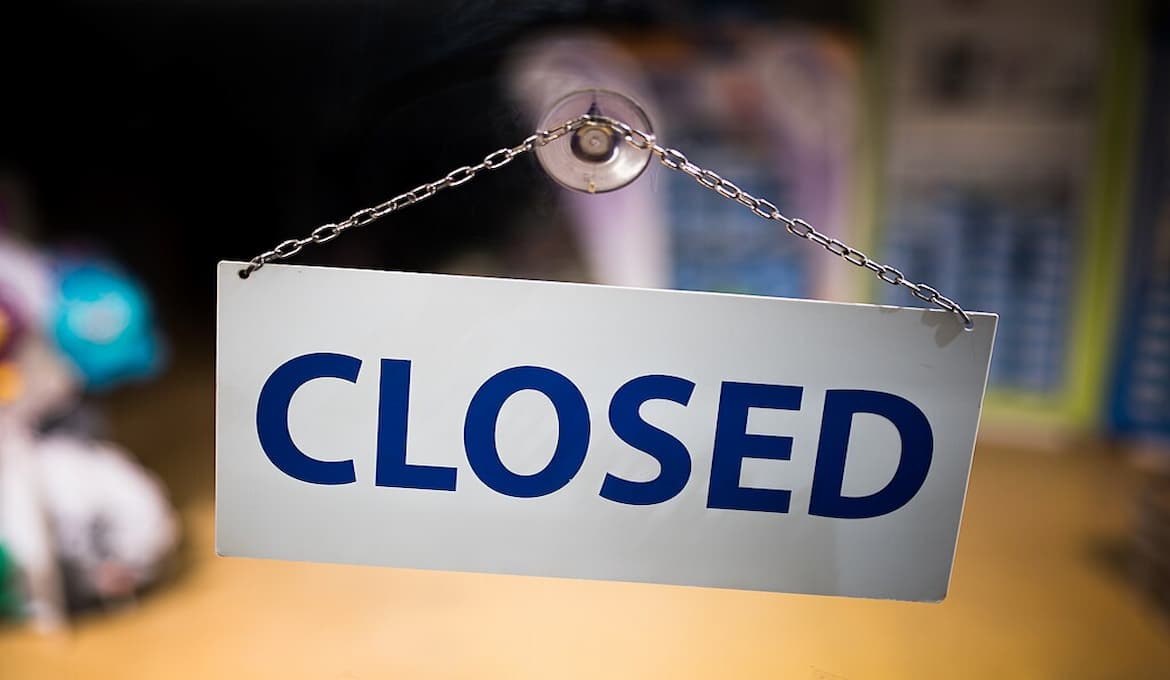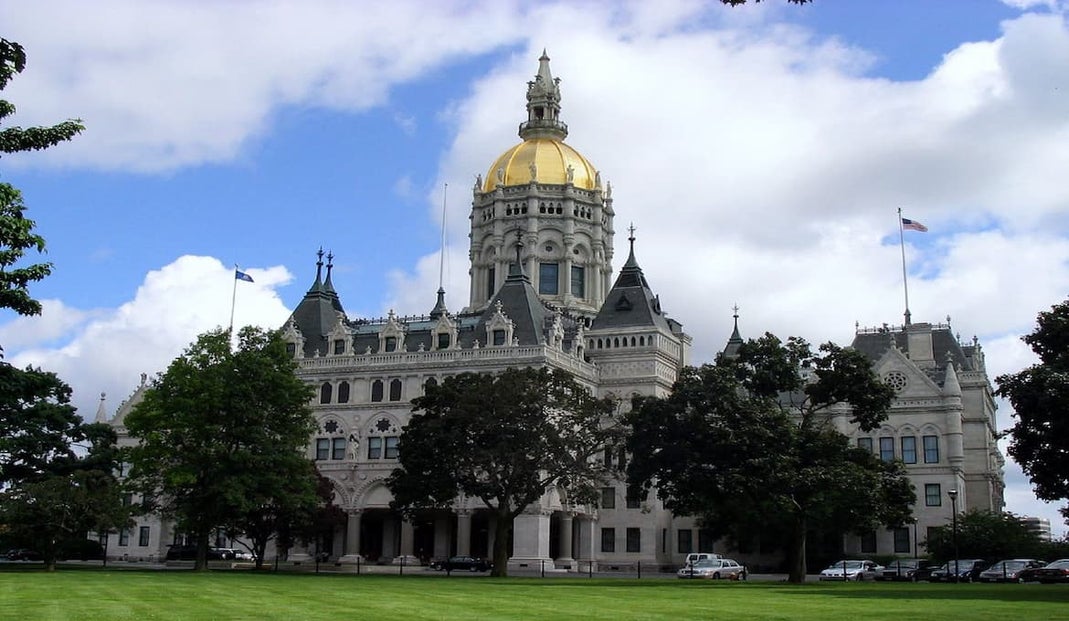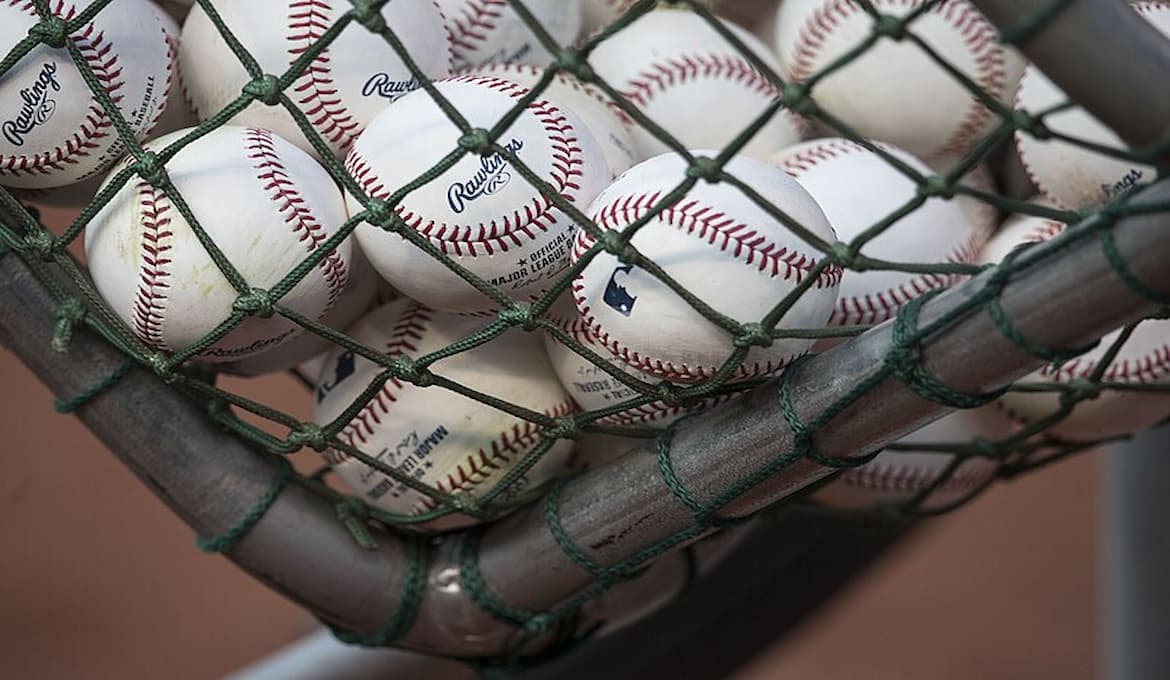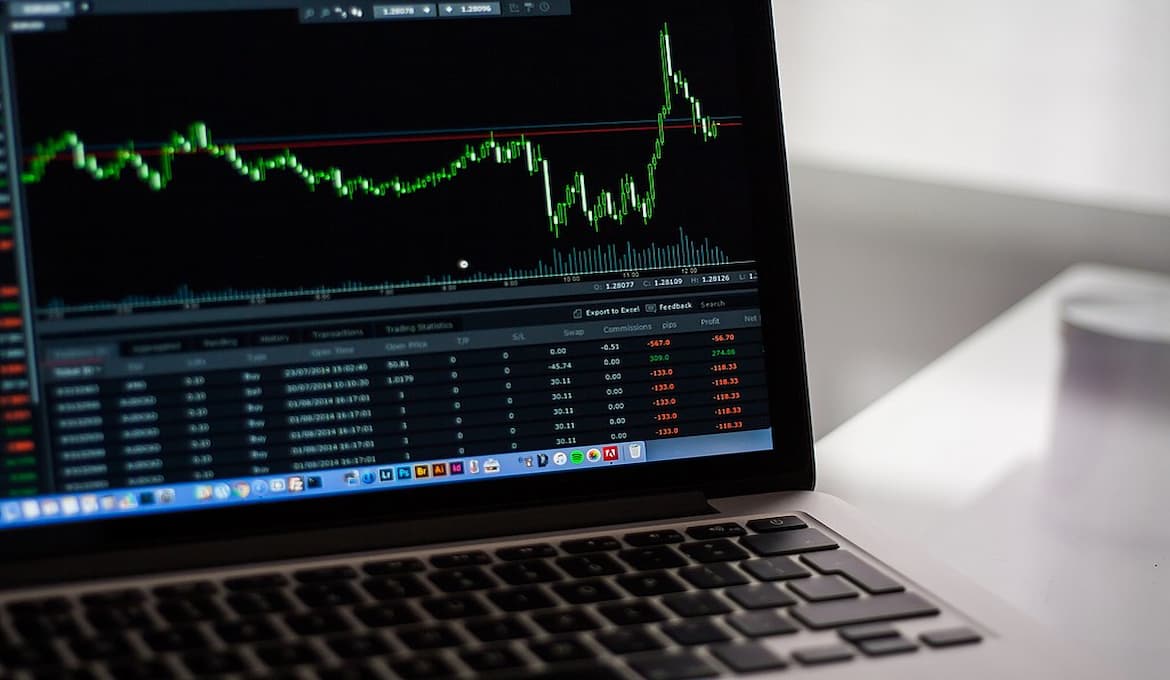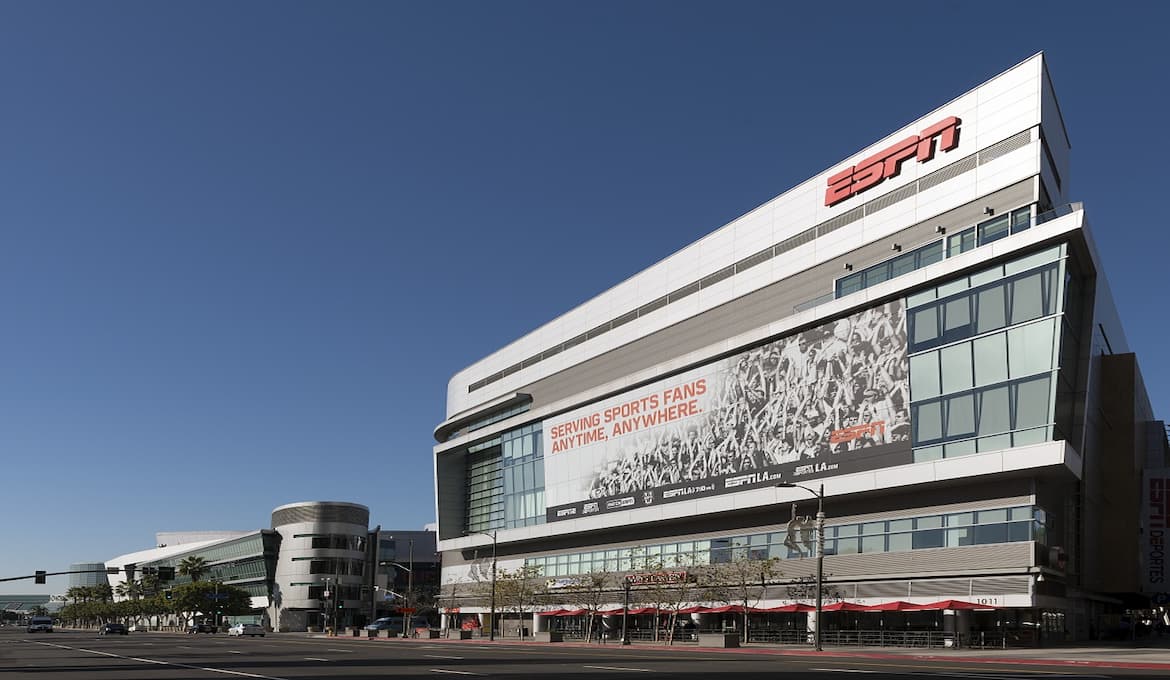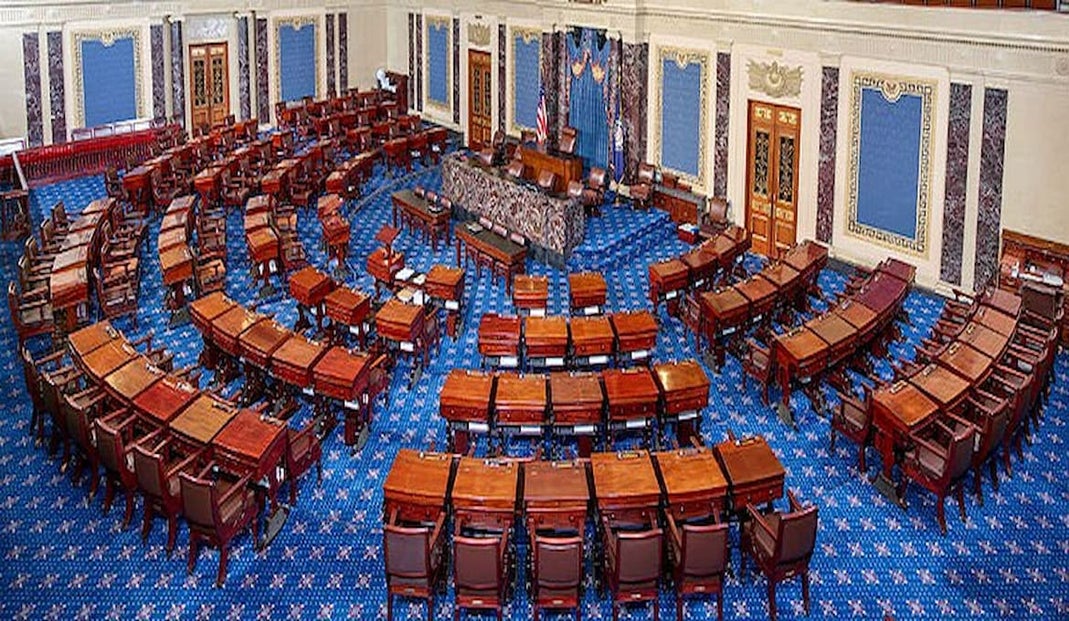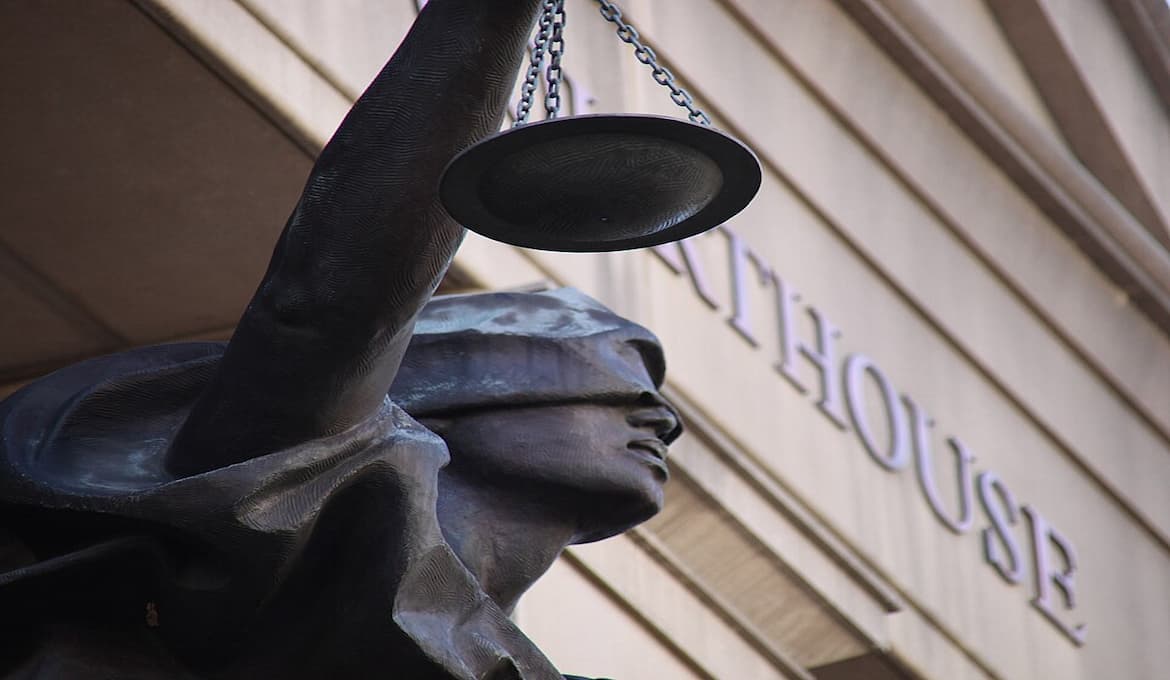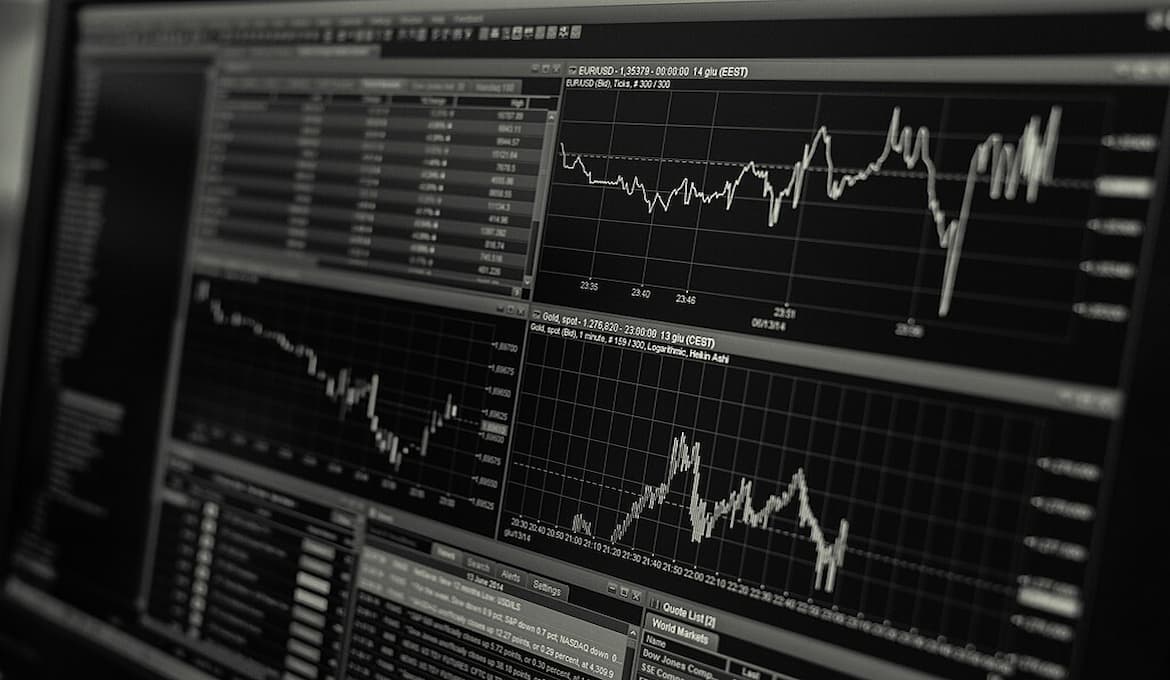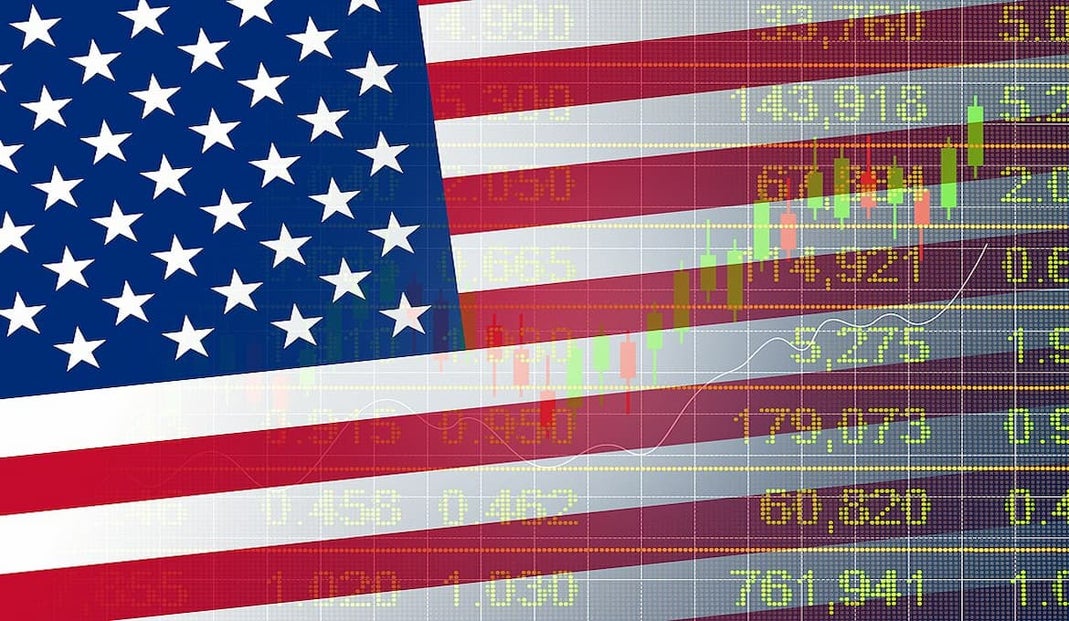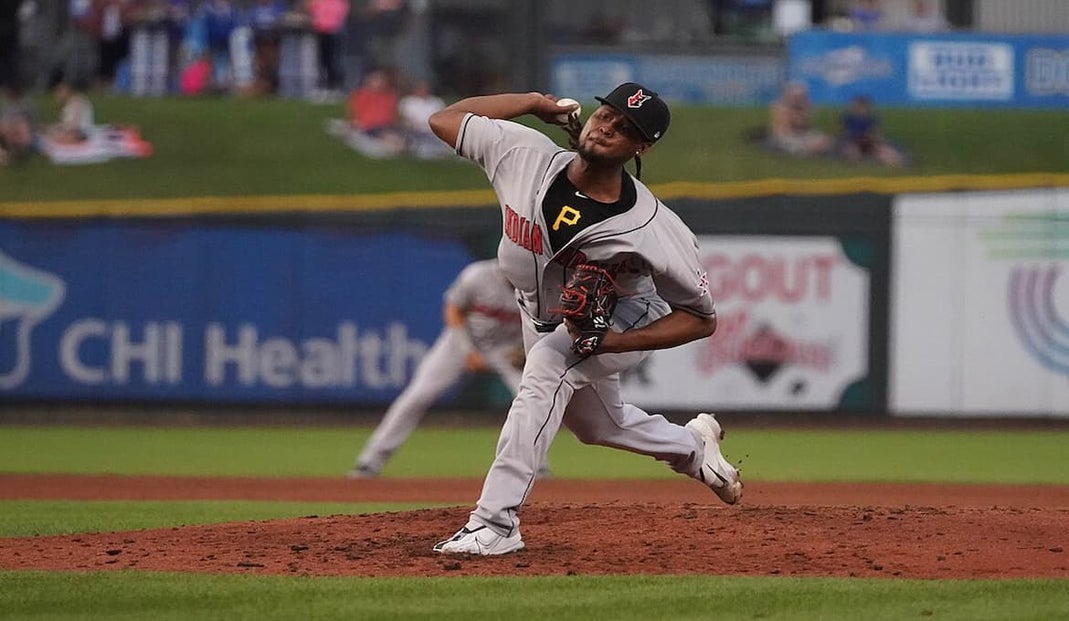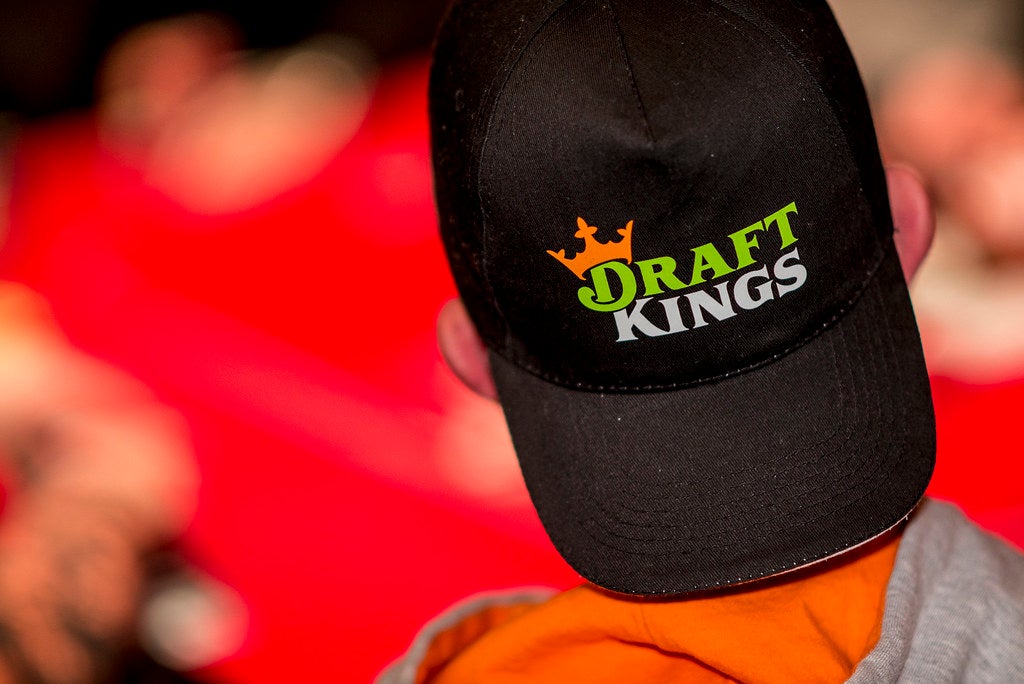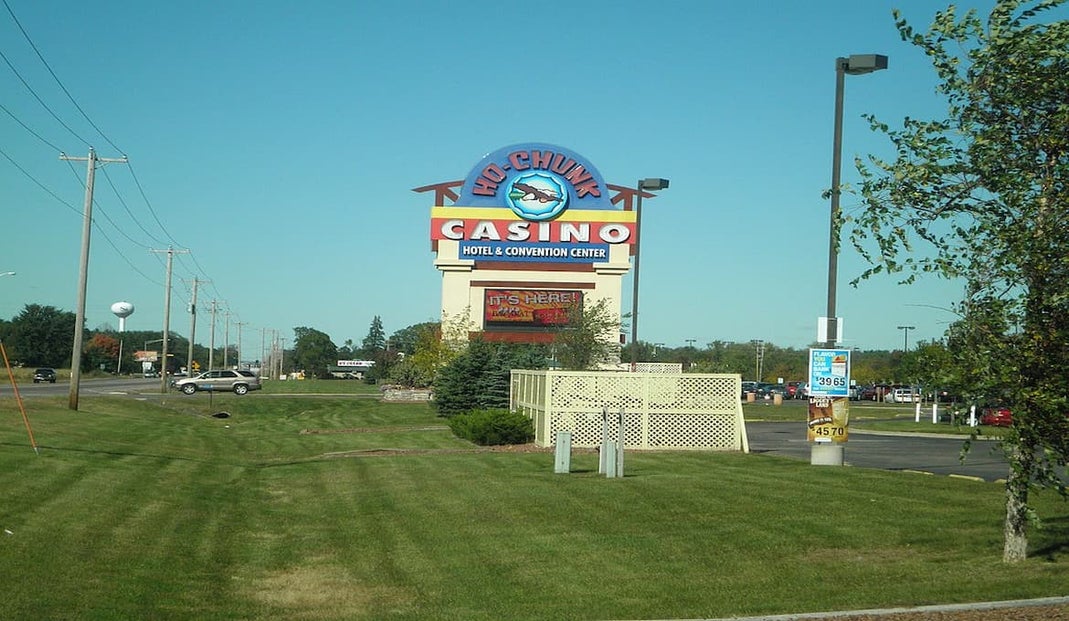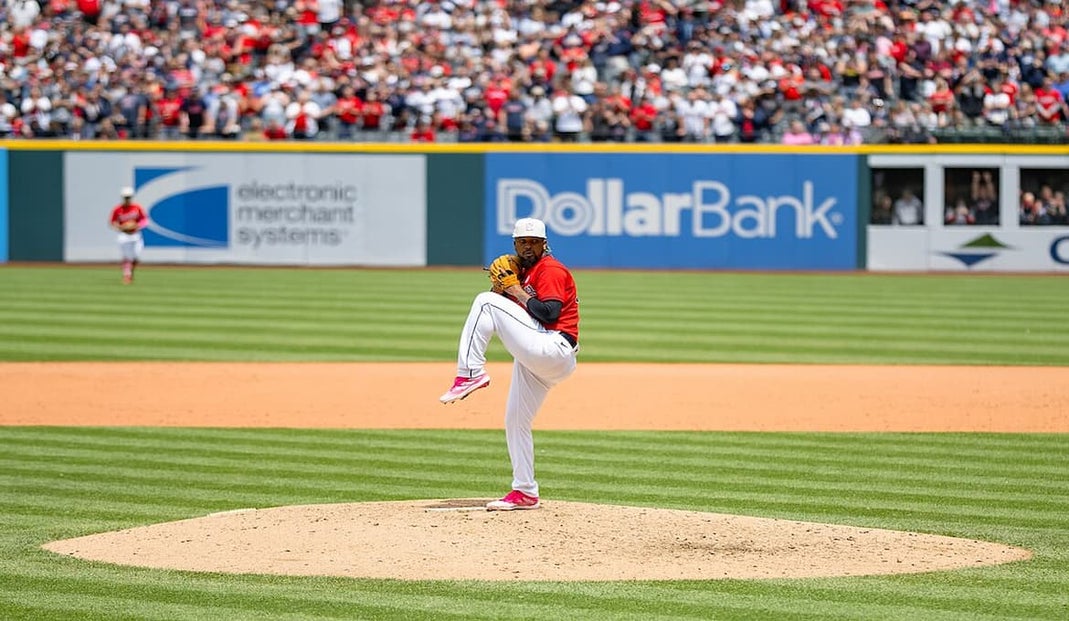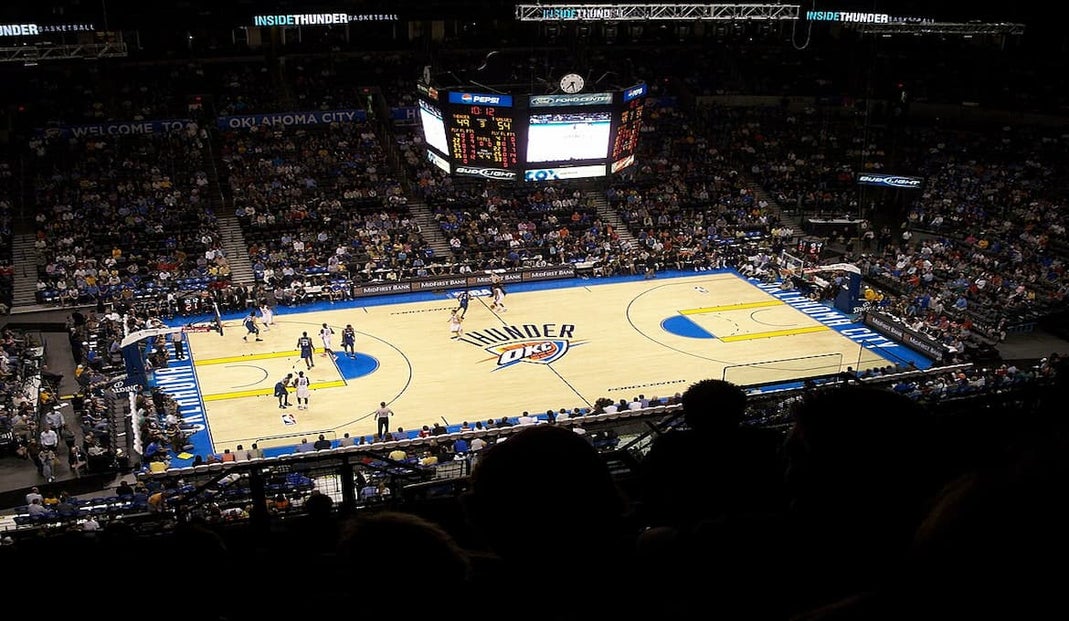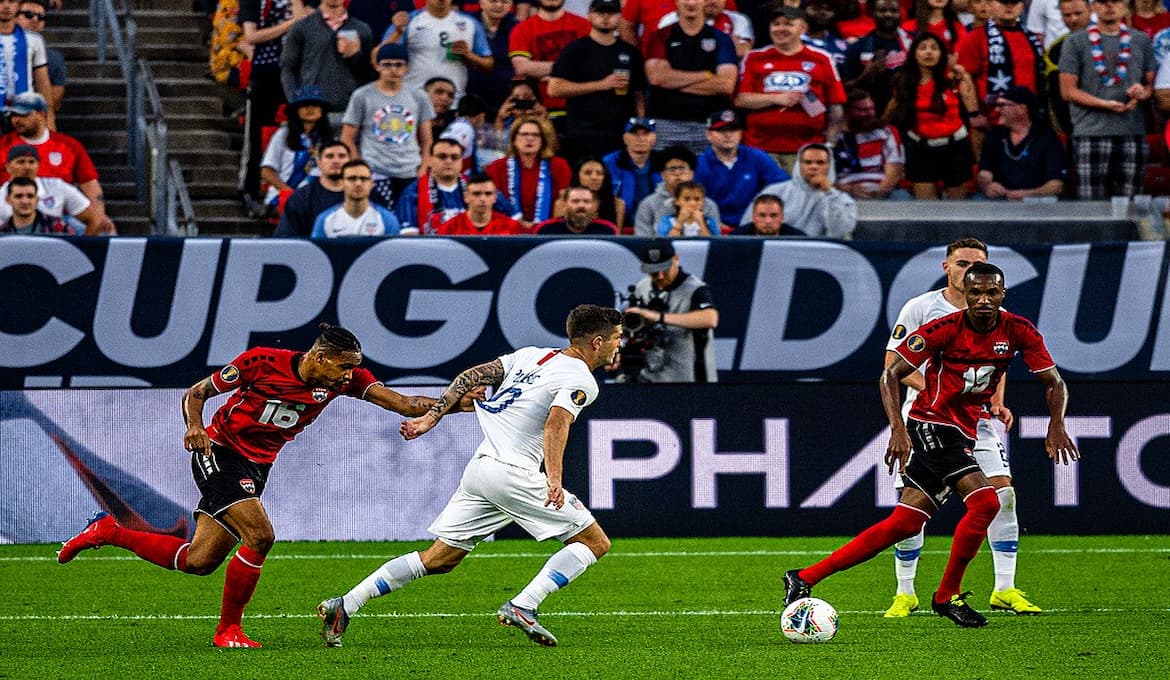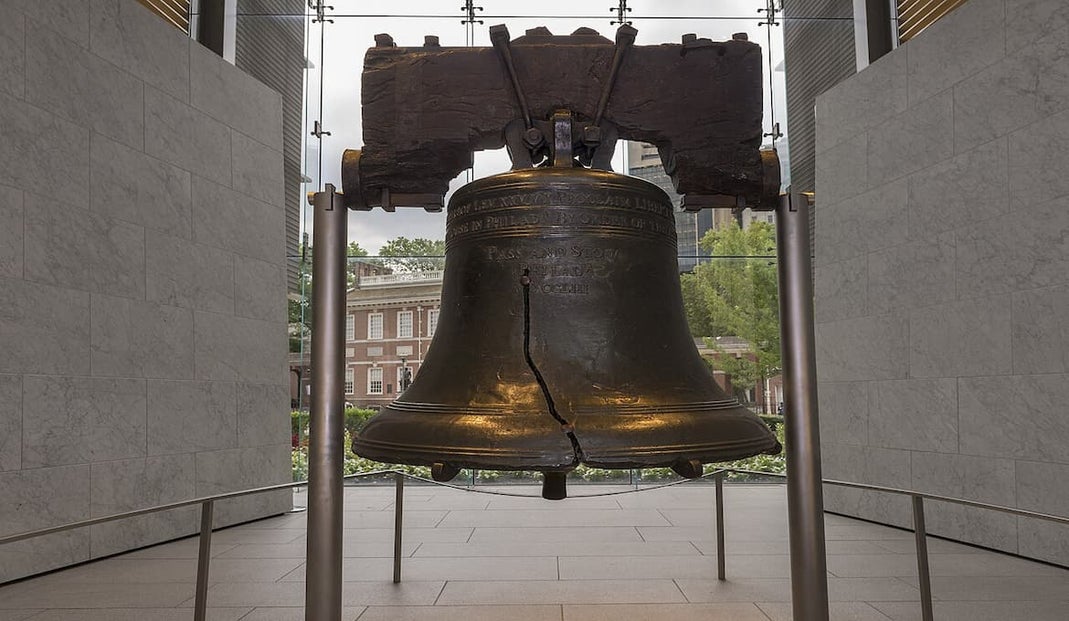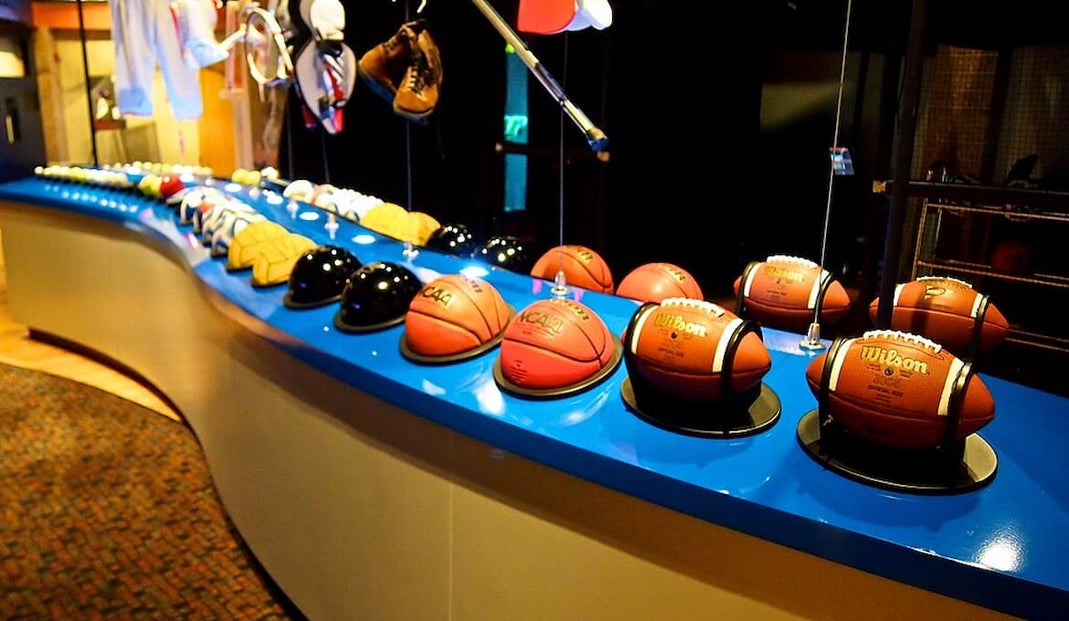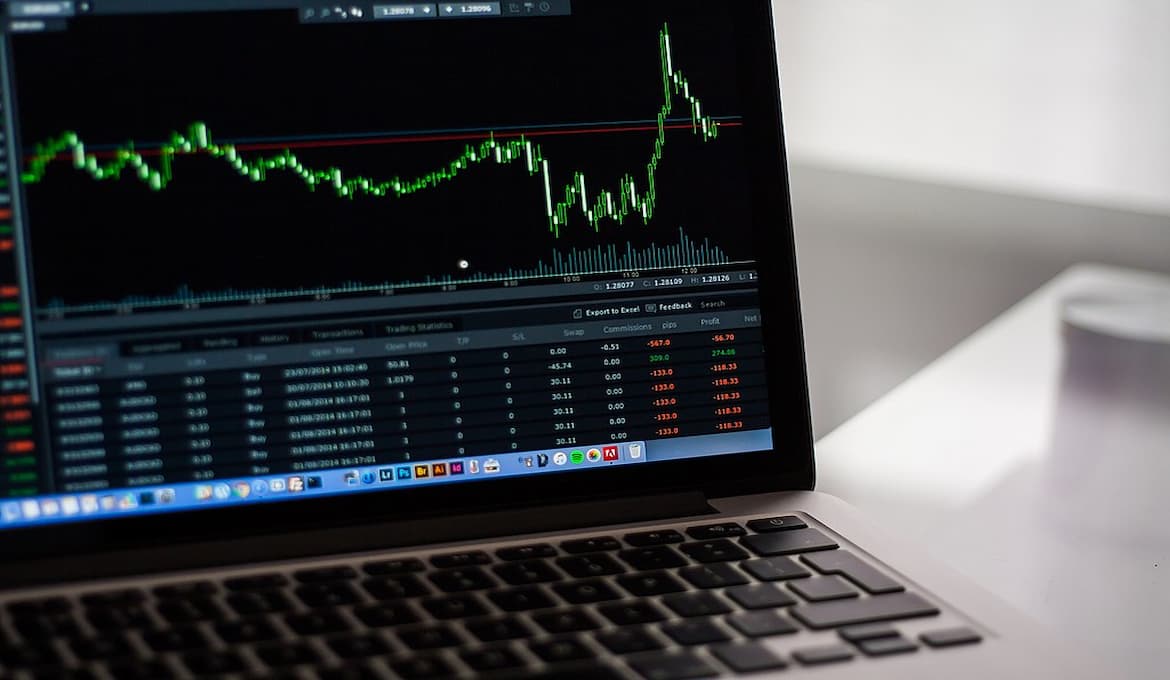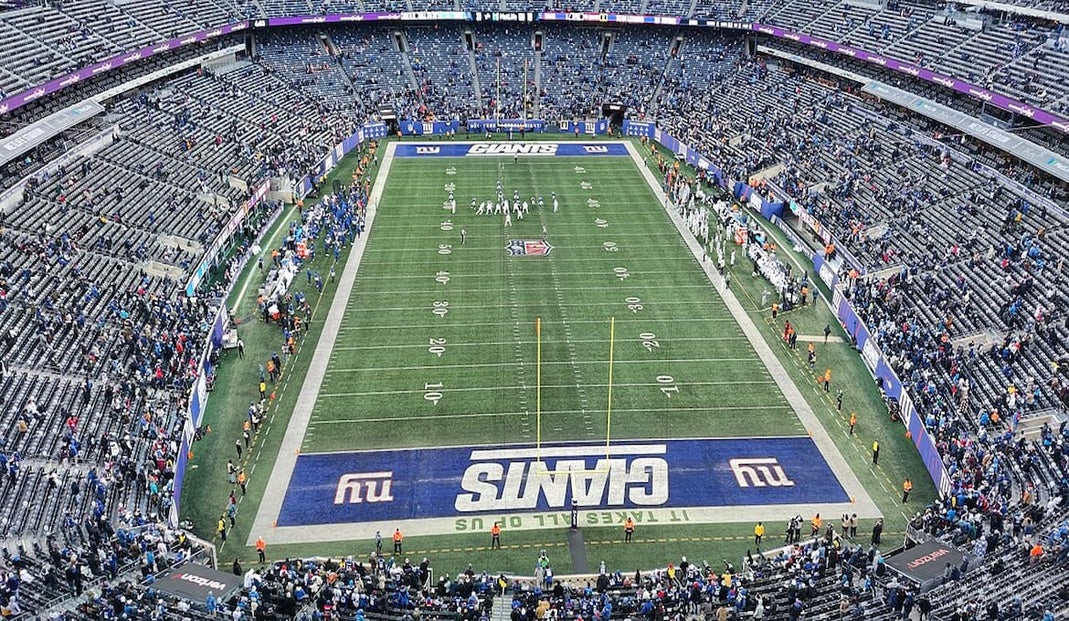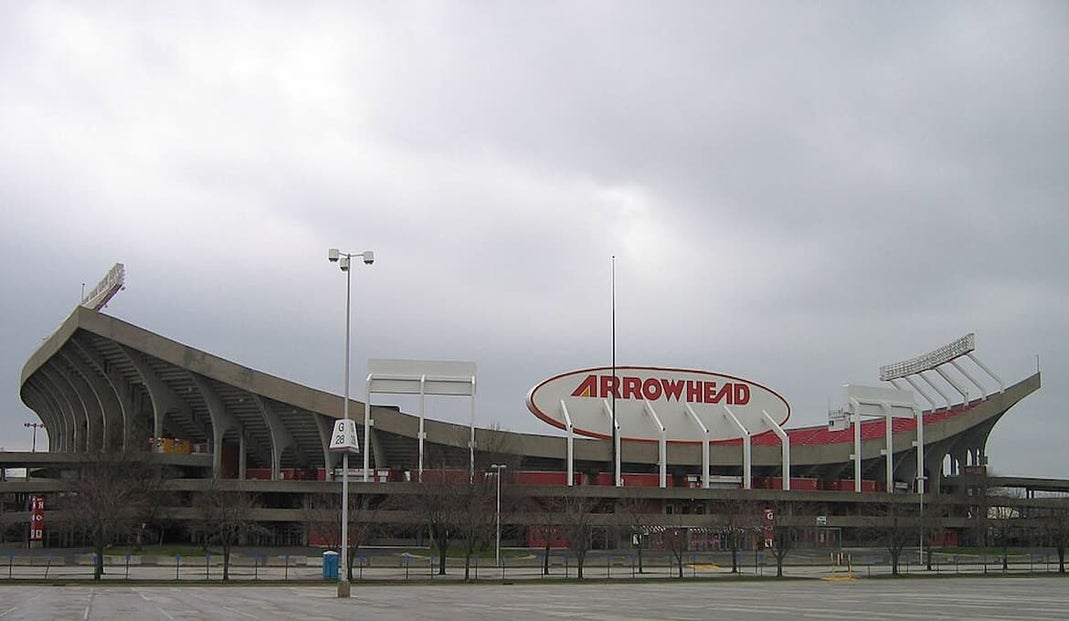Maryland Succeeds Where Others Have Failed
While Maryland’s sports betting tax increase is relatively small, it represents a massive victory. Many other states have proposed tax hikes, but have failed under the immense pressure from the industry.
One reason for the Free State’s success was the size of the increase. Many markets have been looking at massive hikes of 100% or more to boost tax revenue. While lawmakers nationwide have had different reasons for proposing significant tax increases, almost all have failed to gain momentum.
While the industry fallout from the small hike remains to be seen, any retaliation from operators is expected to be minimal.
Moore’s Original Proposal Fails
When Gov. Moore released his initial budget proposal, he pushed to double the rate to 30%. This increase would allow the state to funnel some of the additional revenue towards its growing deficit. Unfortunately, the idea was torn apart in the state legislature.
The House made some key revisions that gutted Moore’s original proposal. These included the smaller tax increase and ensured that Maryland schools received 95% of revenue. These changes helped gain support from both chambers and Moore.
States Find Alternatives to Large Tax Hikes
Very few states have successfully passed significant tax hikes on sports betting over the last five years. Sportsbooks have fought these efforts, leading to almost every effort falling flat early in the legislative process.
These failures have led many states to consider alternative ways to increase industry tax revenue. Maryland and others have opted for smaller increases, which have faced far less pushback from the industry.
States like Colorado and Tennessee are pursuing options other than a flat tax increase. The former looks to tax operators on promotional bets, while the latter hopes to add a small handle tax. Both proposals would boost tax revenue and have not faced much opposition from sportsbooks.
With Maryland and other states succeeding in finding alternatives to large tax increases, expect more states to follow suit.
.svg)




